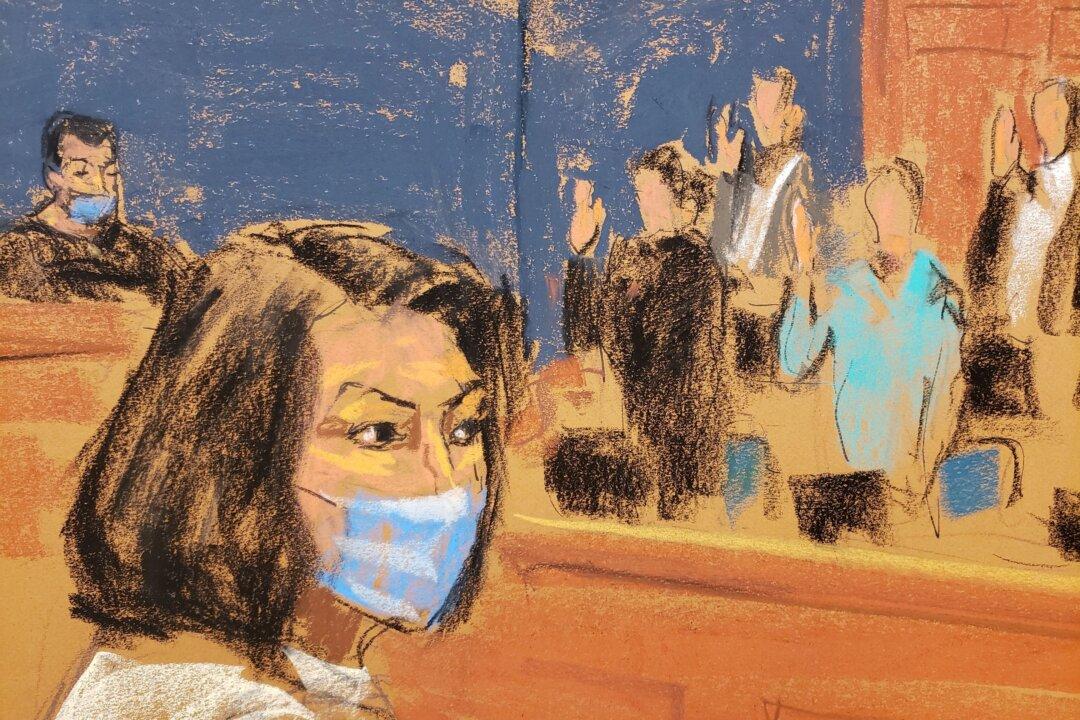Jeffrey Epstein associate Ghislaine Maxwell has ended her effort to keep the names of people linked to her in a civil case shielded from the public.
After reviewing objections to the unsealing made by the John Does, Maxwell’s lawyer Laura Menninger informed U.S. District Judge Loretta Preska, a George H.W. Bush nominee, in a recent letter that Maxwell “does not wish to further address those objections.”





